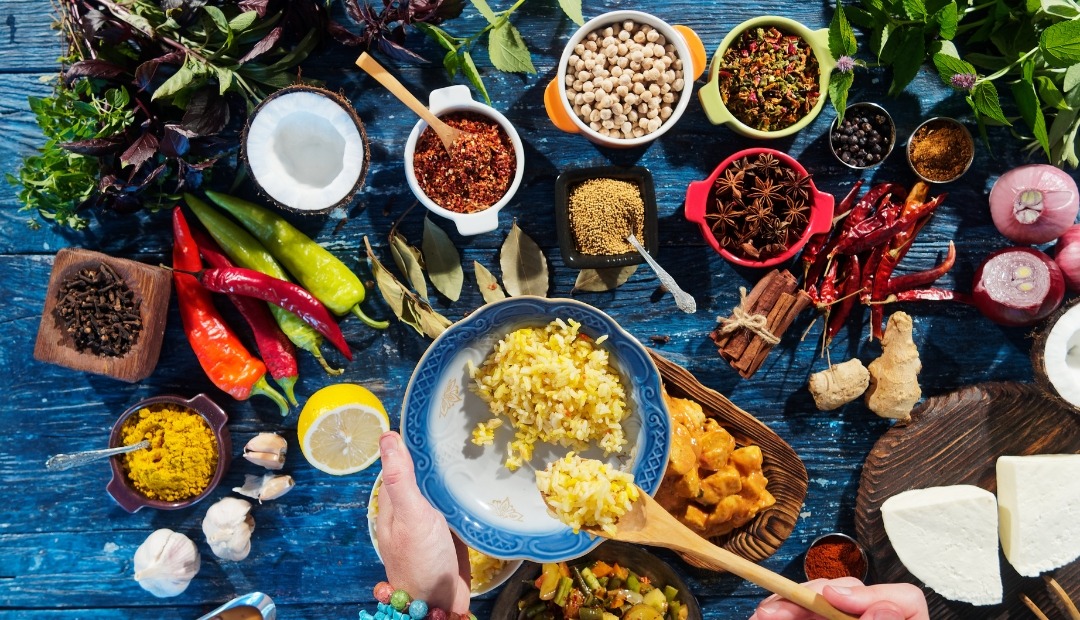Can't fit cooking into your hectic schedule? With our busy lives, it's easy to choose unhealthy junk food and takeouts over well-balanced meals.
But that doesn't mean you should give up a healthy diet altogether. You can try a solution that works for any busy schedule and budget: meal prep in your apartment.
Many people who are often on the go swear by the convenience and health benefits of meal prepping. Because it fits all of the week's prepping in one day, you can save time from cooking and preparing ingredients with this method.
If you want to give it a try, read on and find out the basics of meal prepping.
What Is Meal Prep?
Meal prep is like packing lunches for work or school-except you have them all prepared for the week—or half a week at a time.
At some point over the weekend or a day that you have free time, you prepare all of the ingredients you will need for your menu. Most of the time is spent either cleaning your fruits and vegetables, chopping, dicing, or getting everything measured for your recipes. Once this is done, you can cook three to seven days' worth of breakfasts, lunches, and dinners. Then, you portion them into containers and refrigerate them for later. Depending on the containers you'll use, you can reheat the meals you prepared in the microwave or oven.
Even if you only cooked half of your meals for the week, the rest of the week will be a breeze. Everything is prepped and ready to be cooked.
How Do You Meal Prep?
Ready to stop ordering takeouts and take the guesswork out of "what's for dinner"? Here are the steps for meal prep success:
1. Plan Your Menu
Planning is crucial in making meal prep easier. To start planning your menu, you have to figure out your health goals.
Do you want to cut down on carbs and enjoy more veggies? Striving to build muscles or lose weight? Whatever your goals are, you'll have to craft a menu based on them.
Then, find out how much you want to prep and your meal prepping schedule.
Do you prefer to have your breakfast, lunch, or/and dinner ready? Are you planning to do your meal prep on Sunday or/and Wednesday? And do you like to have every meal for Monday to Wednesday or for the entire week prepared?
Next, you'll need to look for recipes based on your dietary preferences and health goals.
Make sure that you pick recipes to make well-balanced meals. You should also factor in their shelf lives, along with your weekly meal plan.
An easy way to start is by combining carbs, proteins, and veggies in every meal. Here are some ideas:
- Carbs: rice, pasta, or potatoes
- Protein: meatballs, chicken, tofu, eggs, or beans
- Veggies: carrots, kale, peas, bell peppers, spinach, or broccoli
2. Get Meal Prep Containers
Once you've finished your menu, you'll need to get containers of different shapes and sizes. But you don't need a lot of containers-you can start with three or more containers, depending on your meal plan.
When getting meal prep containers, you must check if they're reusable, airtight, and microwavable. You might also want to buy dishwasher-safe containers to make washing them more convenient.
Besides these containers, you might need to consider using freezer bags for things you'd like to freeze (fruit slices and berries), small containers to pack ingredients individually (lettuce, nuts, crackers, sauces, and dressings), and mason jars for overnight oats and soups.
After purchasing your meal prep containers, create a list of all the ingredients in your menu and start grocery shopping.
3. Start Prepping
Now comes the fun part: start meal prepping! There's no right way to meal prep-it all boils down to your preferences and schedule.
But if you want to make meal prepping easier, here are a few tips:
- Get foods that require long cooking times out of the way first. This could mean preheating the oven and making a roasted chicken or baking meatballs.
- Prep your carbs next. Need to boil pasta or quinoa? Do it while you're cooking your meat dish.
- Cook your veggies. While boiling your carbs and cooking your protein, you can multitask by preparing your veggies. Clean and cut them to make salads. Or if you want a stir-fried veggie dish, start heating your pan on the stove.
- Prep your ingredients for the next meal prepping session. Still have the energy to do some chopping and slicing? If you prefer to do meal prepping twice a week, you can start preparing your ingredients, like mincing garlic and dicing onions, for later. This can greatly help cut down on kitchen time, especially if you're meal prepping on a weeknight.
With today's busy lifestyles, doing your own meal prep can help you not only save time in the kitchen, it can help you achieve your health goals and lead to a healthier more satisfying life—filled with great food, and extra time you can spend with family and friends.
